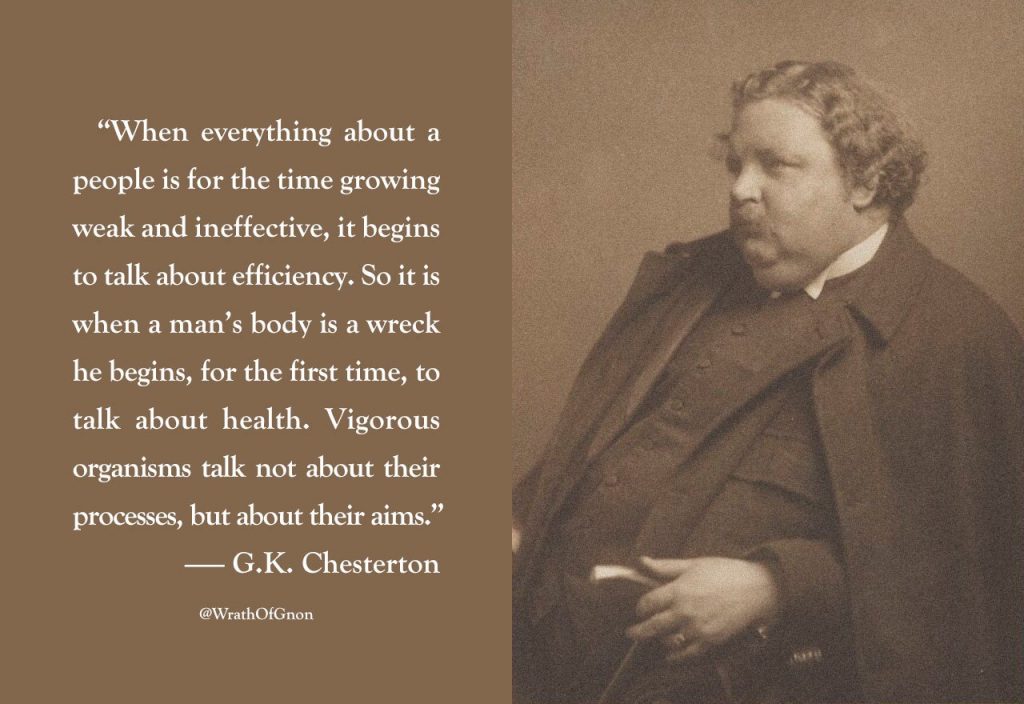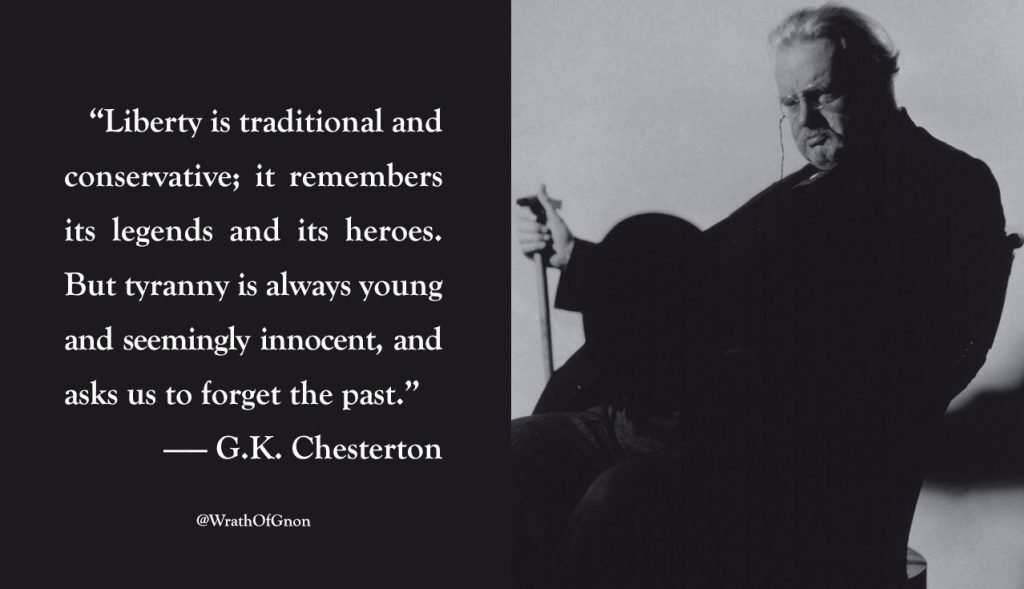The aim of public education is not to spread enlightenment at all; it is simply to reduce as many individuals as possible to the same safe level, to breed and train a standardized citizenry, to put down dissent and originality.
— H. L. Menchen
sententiarum collectio
The aim of public education is not to spread enlightenment at all; it is simply to reduce as many individuals as possible to the same safe level, to breed and train a standardized citizenry, to put down dissent and originality.
— H. L. Menchen


Plato in his Laws esteems nothing of more pestiferous consequence to his city than to give young men the liberty of introducing any change in their habits, gestures, dances, songs, and exercises, from one form to another; shifting from this to that, hunting after novelties, and applauding the inventors; by which means manners are corrupted and the old institutions come to be nauseated and despised. In all things, saving only in those that are evil, a change is to be feared; even the change of seasons, winds, viands, and humours. And no laws are in their true credit, but such to which God has given so long a continuance that no one knows their beginning, or that there ever was any other.
— Michel de Montaigne, Of Sumptuary Laws (trans. Charles Cotton)
https://gutenberg.org/files/3600/3600-h/3600-h.htm#link2HCH0043
There is a great difference between resisting evil and renouncing it. When you resist evil, you give it your attention; you continue to make it real. When you renounce evil, you take your attention away from it and give your attention to what you want. Now is the time to control your imagination and give your energy to what you want.
— Neville Goddard


Kings are ordained by God, and established by the people, to procure and provide for the good of those who are committed unto them, and that this good or profit be principally expressed in two things, to wit, in the administration of justice to their subjects, and in the managing of armies for the repulsing their enemies: certainly, we must infer and conclude from this, that the prince who applied himself to nothing but his peculiar profits and pleasures, or to those ends which most readily conduce thereunto, who contemns and perverts all laws, who uses his subjects more cruelly than the barbarous enemy would do, he may truly and really be called a tyrant, and that those who in this manner govern their kingdoms, be they of never so large an extent, are more properly unjust pillagers and free-booters, than lawful governors.
— Vindicae Contra Tyrranos
If you will not fight for right when you can easily win without blood shed; if you will not fight when your victory is sure and not too costly; you may come to the moment when you will have to fight with all the odds against you and only a precarious chance of survival. There may even be a worse case. You may have to fight when there is no hope of victory, because it is better to perish than to live as slaves.
— Winston Churchill
You should go into every business relationship with a brother looking to give something additional, rather than trying to get something additional. Don’t expect discounts because you are a brother. Try, when possible, to give something additional because he’s a brother. And when someone in the church is doing business with you, you are not responsible for whether or not they are observing this. And if you decide to stop using the services of a brother it may be because of ordinary reasons (price, distance, etc.), slipshod or substandard workmanship, or unethical work (biblically defined). For the first, no explanation is necessary. Just go your way. If the person asks, tell them. For the second, you must tell your brother about your concerns. If you have done so, then it is legitimate to express those concerns to others, if they seek or need your recommendation on this brother’s work. If he installed your cabinets upside down, it is not “gossip” to say so when someone asks for a recommendation. For the third scenario, you must follow the pattern given in Matthew 18.
Being a member of the same church does not entitle you to free consulting services. When you ask questions of a brother in business, it should only be in order to determine whether or not you need his services, and not an attempt to get his services without paying for them. Avoid making anyone “set up shop” at church or fellowship events.
At a fellowship event, you can ask questions about “when would be a good time to call about thus and such?” But even here, be sensitive. When you call, after you have asked a few questions about whether or not the services are necessary, you are on the threshold of imposing on a brother. This means that after the first few minutes, you should expect the meter to be running (and should say so). If the person you are talking to does not charge you that is his business. But you should expect a bill as soon as you get to the point of using his expertise.
Remember some professions are more vulnerable to this kind of imposition than others. Low risk: MRI technicians, librarians. Medium risk: teachers, guys with tools and pick-up trucks. High risk: medical doctors, auto mechanics, veterinarians, realtors.
Beware of the egalitarianism which says that it is all right to do this to what you consider “high income” professions. Don’t assume that someone “doesn’t mind” because you have been doing this to him for years. He just has better manners than you do.
Wives, do not do an end run around your husband. If he has said that you are not going to spend any money on whatever it is, you should not try to get the service without spending any money. This just turns one sin into two.
In all things, apply the Golden Rule. Ask yourself what would be a temptation to you in your profession, and then don’t do that to other people in theirs.
— Douglas Wilson, Gashmu Saith It
© 2024 Rising Prairie
Theme by Anders Noren — Up ↑